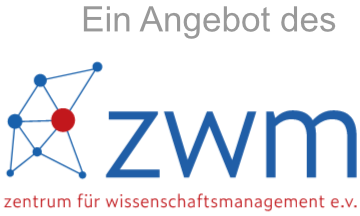Sie sind hier
Abstract New modes of managerial governance have caused universities to function more like companies and produce non-intended effects as well as imaginary contradictions. In this article, four of these contradictions are discussed to provide answers to the following research questions: Do professors have a higher commitment to their organization or to their peers in the scientific community? Which factors strengthen the affective organizational commitment? Which work environment supports intrinsic motivation at universities? Can universities provide incentives that do not crowd out intrinsic motivation? A theoretical underpinning of hypotheses will be provided, and these hypotheses will be tested using two nationwide surveys of German professors. The empirical results demonstrate that commitment to professional peers increases affective organizational commitment. In the perception of German professors, there is no contradiction between profession and organization, but the newly implemented steering instruments increase organizational commitment. In addition, the results also provide evidence that autonomy, relatedness, and perceived competence increase intrinsic teaching motivation. These findings support the Self-Determination Theory. The results also provide some evidence of a crowding-out effect of the new steering instruments and that teaching awards do not crowd out intrinsic motivation.
Quellen:Welpe, M; Wollersheim, J.; Ringelhan, S.; Osterloh, M. (eds.): Incentives and Performance - Governance of Research Organizations. Berlin: Springer: 189-205
- Bisher keine Ordner/Dateien vorhanden.
-
Imaginary Contradictions of University Governance_Wilkesmann.pdf
110.57 KB | 18.12.14 ( )
-
Keine Inhalte


Metaphern der Governance von Hochschulen: Macht die fachliche Herkunft...
Prof. Dr. Uwe WilkesmannUwe Wilkesmann (2012): Professorenvielfalt und...
Prof. Dr. Uwe WilkesmannIntrinsic and internalized modes of teaching motivation
Prof. Dr. Uwe Wilkesmann